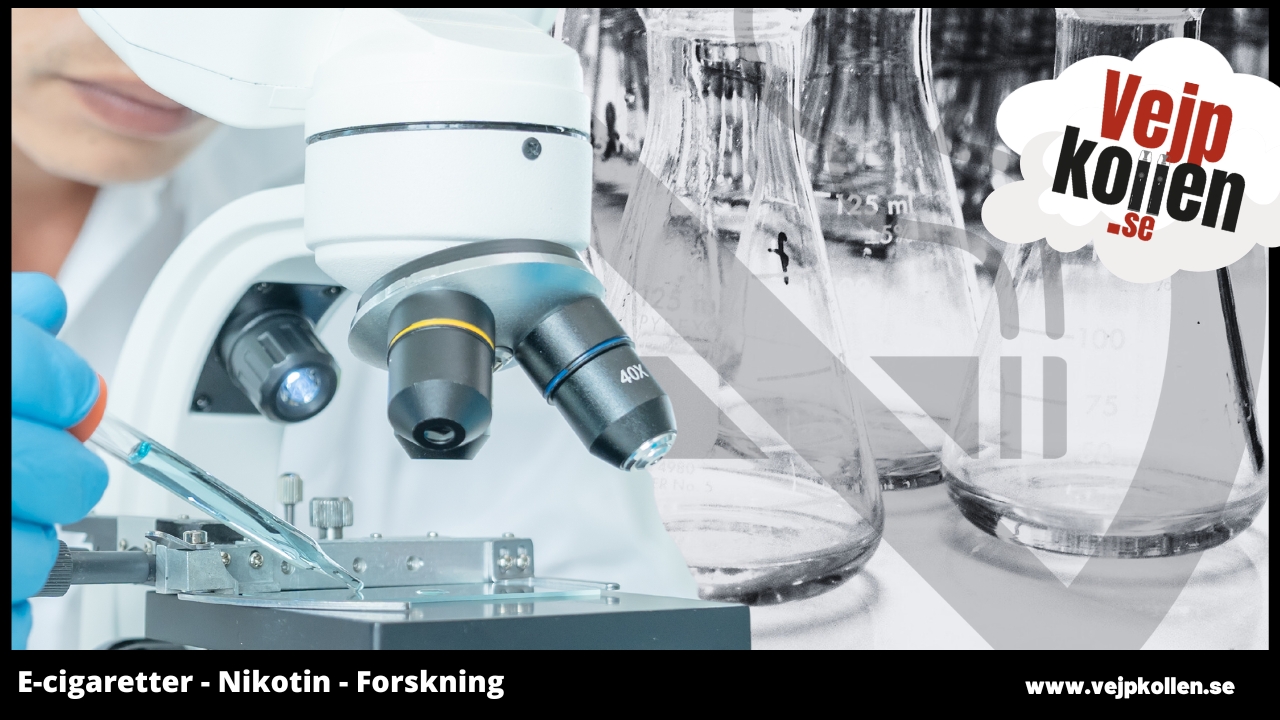Several of the leading Chinese vejp companies are now researching chemicals as substitutes for nicotine, known as nicotine analogues. The aim is to potentially use them in e-cigarettes in the future.
"We need to treat this as a medical product and understand the health effects before we commercialise it," says Eve Wang, CEO of Smoore International, the company behind e-cigarette brand Vaporesso.
China is more than a world leader in the vejp industry. In a way, they ARE the vejp industry. For example, Shenzhen, a city of millions in southern China, produces 80% of the world's e-cigarettes. The three big players Hangsen International, Zinwi Biotech and Smoore International is now researching different chemicals as substitutes for both natural and synthetic nicotine. According to the website Republicworld.
One of those topics is 6-methyl nicotine that Vejpkollen recently wrote om. It is a synthetic substance with a similar chemical structure to natural nicotine. However, it is also a substance that has been warned against as it can be even more potent and addictive than traditional nicotine.
US authorities warn against nicotine analogues
The US Food and Drug Administration (FDA) has expressed particular concern about new synthetic nicotine alternatives such as 6-methyl nicotine. According to the FDA, such chemicals can be more addictive than natural nicotine and have been used in the past in some e-cigarettes to avoid regulation.
Research activities in China
However, research into synthetic nicotine alternatives continues in China. Hangsen International is investigating around ten nicotine analogues, including 6-methyl nicotine, while Zinwi Biotech is conducting similar studies on over ten analogues. Both companies have emphasised that safety is the focus before any products are brought to market. According to Eve Wang, chief executive of Smoore International, which is behind the Vaporesso brand, the company will not commercialise any such chemicals until sufficient research has been conducted, Reuters reports.
"We need to treat this as medical products and understand the health effects before we commercialise them," Eve Wang said in an interview with Reuters.
Limited understanding of health effects
Current research on synthetic nicotine is limited and results vary. Some researchers, such as at Virginia Commonwealth University, have pointed out that substances such as 6-methyl nicotine may be more potent than regular nicotine, but that more extensive studies are needed to establish their long-term impact on human health.
Synthetic nicotine has become increasingly common on the market, especially in the United States where products containing the substance under the brand name 'Metatine' have appeared. Despite the increase in use, there is still uncertainty about the long-term health effects of these substances on users.




